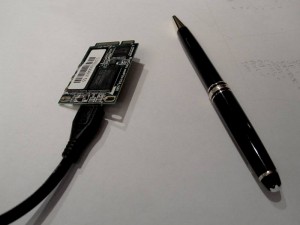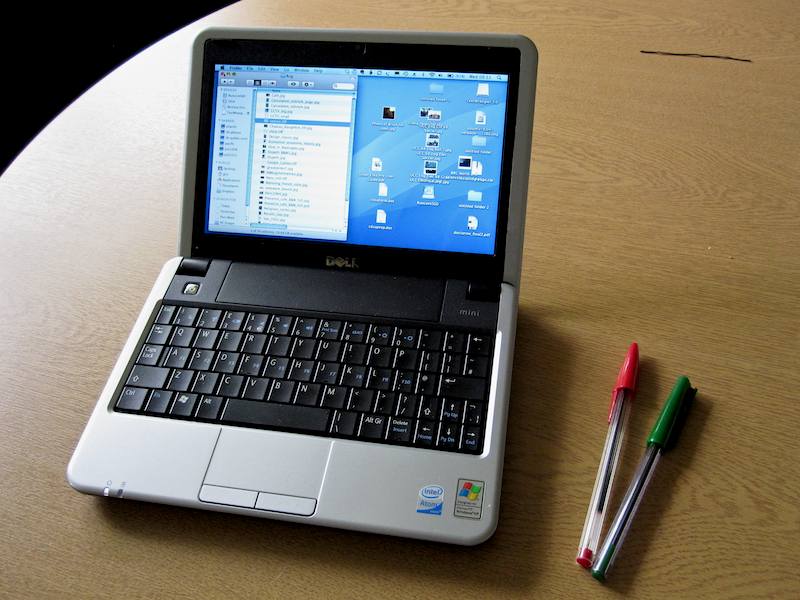Way back in 2006, William McKeen, chairman of the Department of Journalism at Florida State University, penned a nostalgic paen to serendipity — a phenomenon that he seemed to think was threatened by digital technology. Sample:
Serendipity is defined as the ability to make fortunate discoveries accidentally. There’s so much of modern life that makes it preferable to the vaunted good old days – better hygiene products and power steering leap to mind – but in these disposable days of now and the future, the concept of serendipity is endangered.
Think about the library. Do people browse anymore? We have become such a directed people. We can target what we want, thanks to the Internet. Put a couple of key words into a search engine and you find – with an irritating hit or miss here and there – exactly what you’re looking for. It’s efficient, but dull. You miss the time-consuming but enriching act of looking through shelves, of pulling down a book because the title interests you, or the binding. Inside, the book might be a loser, a waste of the effort and calories it took to remove it from its place and then return. Or it might be a dark chest of wonders, a life-changing first step into another world, something to lead your life down a path you didn’t know was there. Same thing goes with bookstores.
Steven Johnson isn’t having any of it. Here’s an excerpt from his spirited riposte.
I find these arguments completely infuriating. Do these people actually use the web? I find vastly more weird, unplanned stuff online than I ever did browsing the stacks as a grad student. Browsing the stacks is one of the most overrated and abused examples in the canon of things-we-used-to-do-that-were-so-much-better. (I love the whole idea of pulling down a book because you like the “binding.”) Thanks to the connective nature of hypertext, and the blogosphere’s exploratory hunger for finding new stuff, the web is the greatest serendipity engine in the history of culture. It is far, far easier to sit down in front of your browser and stumble across something completely brilliant but surprising than it is walking through a library looking at the spines of books. With music blogs and iTunes, I’ve discovered more interesting new bands and albums in the past year than I did in all of my college years. I know radio has gotten a lot worse, but really — does anyone actually believe that radio was ever more diverse and surprising in its recommendations than surfing through the iTunes catalog or the music sites? It’s no accident that BoingBoing is the most popular blog online — it’s popular because it’s an incredible randomizer, sending you off on all these crazy and unpredictable paths.
I mean, look at what’s on the front door of Kottke this morning: soccer jersey fonts, debate over travel time to JFK, best American fiction poll, funny t-shirt joke, new Google software, Richard Feynman video, Tufte design riff, etc. What’s the organizing principle? There is none — other than Jason’s quirky taste — and that’s precisely why so many of us visit his site every day. It takes me thirty seconds to make all those connections by reading Jason’s blog. I defy McKeen to walk into a library and find so many weird and diverse and interesting things in an hour of staring at bindings.
I’m with Johnson all the way on this one. And thanks to Lorcan Dempsey for the link to the discussion.
LATER: I should have known that Bill Thompson would have had something to say about this. And indeed he did — in May 2006 he wrote an excellent column about McKeen’s argument.


